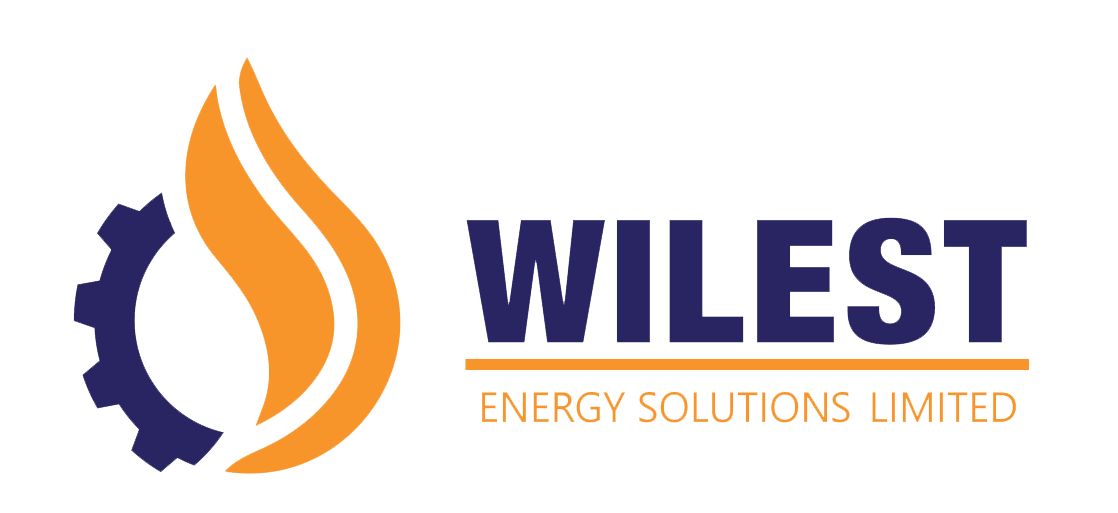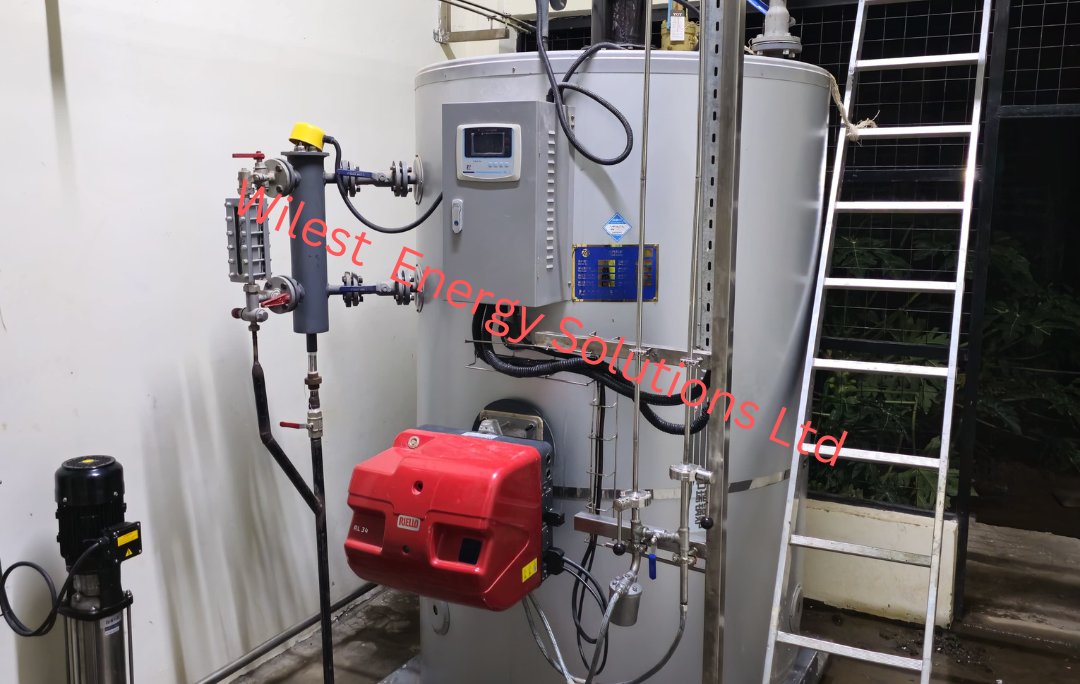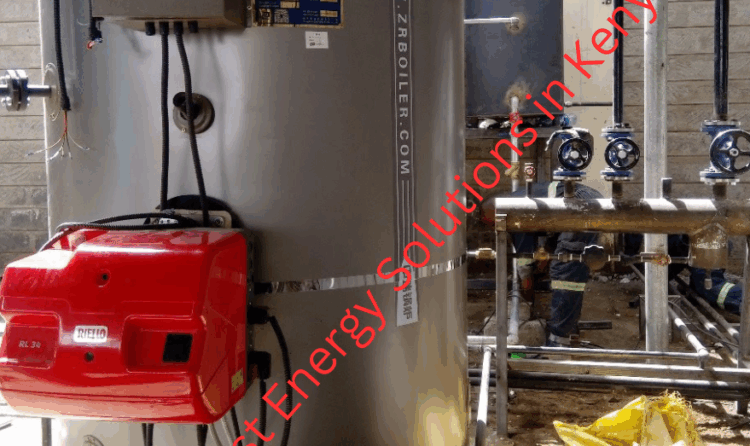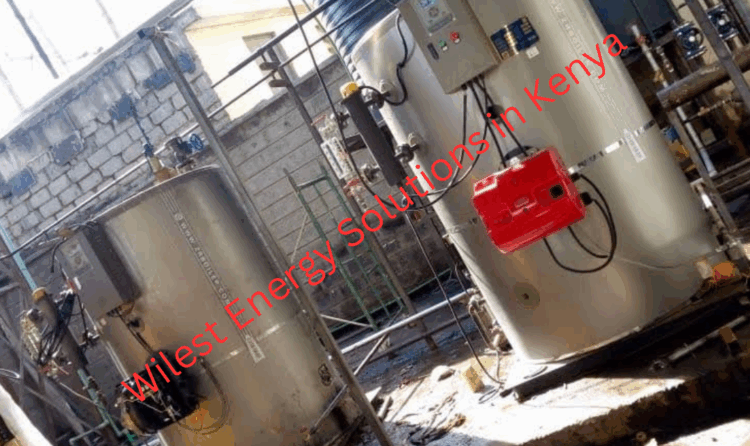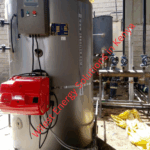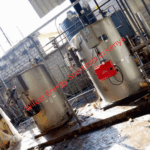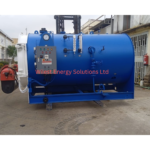Key Factors to Consider for Successful Commercial Boiler Installation in Kenya
Installing a commercial boiler is a major investment for any facility in Kenya, whether it’s a factory, hotel, hospital, school, or processing plant. A successful installation ensures long-term energy efficiency, consistent performance, and safety. At Wilest Energy Solutions Ltd, we understand what it takes to deliver a reliable boiler system that meets local industry demands.
Below are the key factors to consider when planning a commercial boiler installation in Kenya:
1. Type of Boiler Needed
The first step is identifying the right type of boiler for your facility. Common types include:
- Steam boilers – ideal for industries like tea processing, textile manufacturing, and food production.
- Hot water boilers – suitable for hotels, schools, and hospitals.
- Biomass boilers – a sustainable option for industries looking to cut fuel costs and reduce emissions.
At Wilest, we supply and install custom boiler systems, including biomass, firewood, and steam boilers tailored to your fuel availability and operational needs.
2. Fuel Type and Availability
Fuel selection greatly influences operational cost and boiler performance. Consider locally available and cost-effective fuels such as:
- Firewood or woodchips
- Briquettes
- Diesel or LPG
- Biomass waste
The availability and price of fuel in your area should match the boiler type to ensure sustainability and long-term savings.
3. Boiler Size and Capacity
Oversizing or undersizing a boiler leads to inefficiency or performance issues. A professional assessment is needed to:
- Calculate your heating or steam load
- Determine peak demand requirements
- Match the boiler capacity to your specific use case
Wilest Energy Solutions offers on-site evaluations to help you select the right boiler size for optimal performance.
4. Installation Site Conditions
Your boiler system needs adequate space, ventilation, and access. Site assessment includes:
- Checking for proper foundations and structural support
- Ensuring proper exhaust and flue systems
- Confirming access to fuel storage or delivery systems
These site factors affect how smoothly your system runs after installation.
5. Compliance with Safety and Environmental Standards
Boilers must comply with local safety regulations, emission standards, and operational codes. This includes:
- Pressure vessel certifications
- Emission controls for biomass boilers
- Installation by licensed professionals
At Wilest, we comply with all Kenyan industry standards and provide documentation where required.
6. Qualified Installation Partner
Your boiler installation should be handled by an experienced, local team with a deep understanding of:
- Fabrication and assembly
- Integration with your facility’s existing systems
- Post-installation support and maintenance
Wilest Energy Solutions Ltd provides turnkey boiler installation services, including system design, delivery, installation, testing, and ongoing maintenance.
7. After-Sales Support and Maintenance
Choose a supplier that offers:
- Preventive maintenance packages
- Emergency support
- Spare parts availability
- Training for your technical team
Regular service ensures longer boiler life, fewer breakdowns, and lower operating costs.
Conclusion
A successful commercial boiler installation in Kenya depends on proper planning, the right equipment, and a trusted partner. At Wilest Energy Solutions Ltd, we guide you through every step—from choosing the best boiler to professional installation and ongoing maintenance.
Let us help you install a reliable, efficient, and cost-effective boiler system tailored to your industry.
Contact Wilest Energy Solutions LtdLocation: Avon Centre, Dar-es-Salaam Road, Industrial Area, NairobiPhone: +254 707 346 616Email: [email protected]
